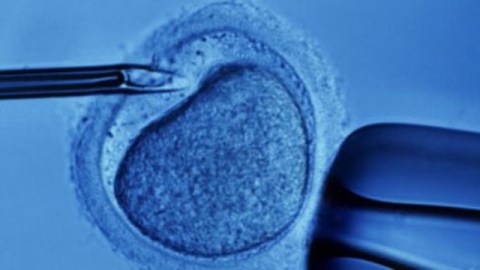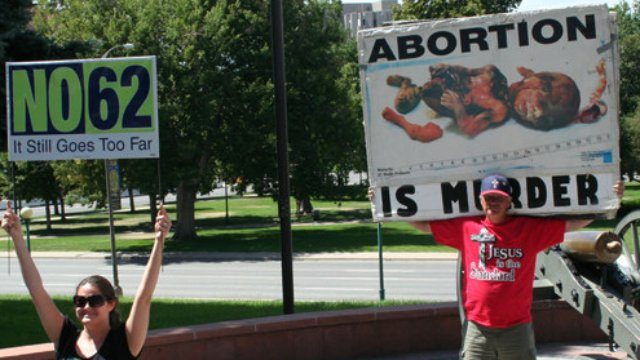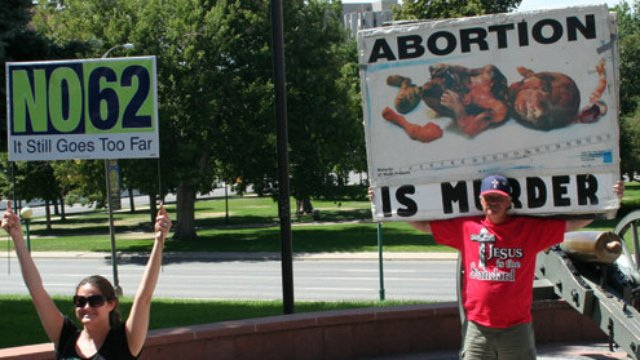Colorado’s Personhood Amendment: With Half of Voters Still Undecided, Opponents Appeal to Couples Seeking Fertility Treatments

This is the third guest post by Trina Stout in an AoE series on the communication strategies surrounding Colorado’s Amendment 62 – a ballot initiative that, if passed, would grant full legal rights to fertilized human eggs by classifying embryos as ‘persons’ under the law.–Matthew Nisbet
This week, Robert G. Edwards was awarded the Nobel prize in medicine for his research that led to the first “test tube” baby and other advances in vitro fertilization. Worldwide, IVF is responsible for the birth of more than 4 million children and in the U.S. — along with other fertility treatments such as artificial insemination — the procedure has emerged as a central theme both in popular and political culture. This year alone, three major studio pictures featured fertility technology as a central plot premise including Jennifer Lopez’s The Back-up Plan, Jennifer Aniston’s The Switch; and the The Kids Are All Right.
Given the cultural salience of fertility science to the public, opponents to Colorado’s personhood amendment chose in their first “No on 62” online video to highlight the connection to IVF, an appeal that is likely to resonate with important blocs of undecided voters.
Half of Likely Voters Undecided on Amendment 62
Consider that a recent SurveyUSA poll shows that 15 percent of likely voters support the personhood amendment, 35 percent oppose the measure, while 50% of voters still remain uncertain. Importantly, at 61%, Hispanics are the segment with the greatest proportion of undecideds, but next in line are women (57% undecided) and those age 35-47 (54%), with these two demographic segments likely to respond to an appeal framed around access to fertility treatments.
Posted onlineto be timed with their press release titled “Amendment 62 Would Halt In-Vitro and Medical Options for Families,” the opposition campaign’s first video states that the proposed amendment would take away the option of fertility treatments from many Colorado families struggling to have children.
If fertilized eggs were considered full persons under the law, and given that fertility treatments are not 100% effective, embryos that didn’t implant would constitute deaths requiring a coroner’s investigation. As a result, no doctor would want to touch fertility treatments, effectively banning the procedures.
First No on 62 Video Highlights Banning of Fertility Treatments
The “No on 62” video features a woman and her baby daughter, who was conceived with help from a fertility doctor, sitting in a kitchen. The woman describes how she and her husband tried to have children, realized they wouldn’t be able to get pregnant without assistance, and conceived thanks to fertility treatments. Then the woman explains that Amendment 62 “would have eliminated the ability for me to have my child.”
The ad is effective in several ways:
What do you think of opponents of the personhood amendment choosing to focus on the initiative’s banning of fertility treatments? Is the campaign influenced by the prevalence of assisted fertility in pop culture, or is this just the strategic use of a noncontroversial message?
–Guest post by Trina Stout, a graduate student at American University’s School of Communication, focusing on a career in reproductive health advocacy. Before graduate school, she worked for the environmental news and humor site Grist.
See also:
Amendment 62: “It Still Goes Too Far” vs. “Persons, not Property”
Amendment 62: Colorado to Vote on Whether Fertilized Eggs Are People (Again)




